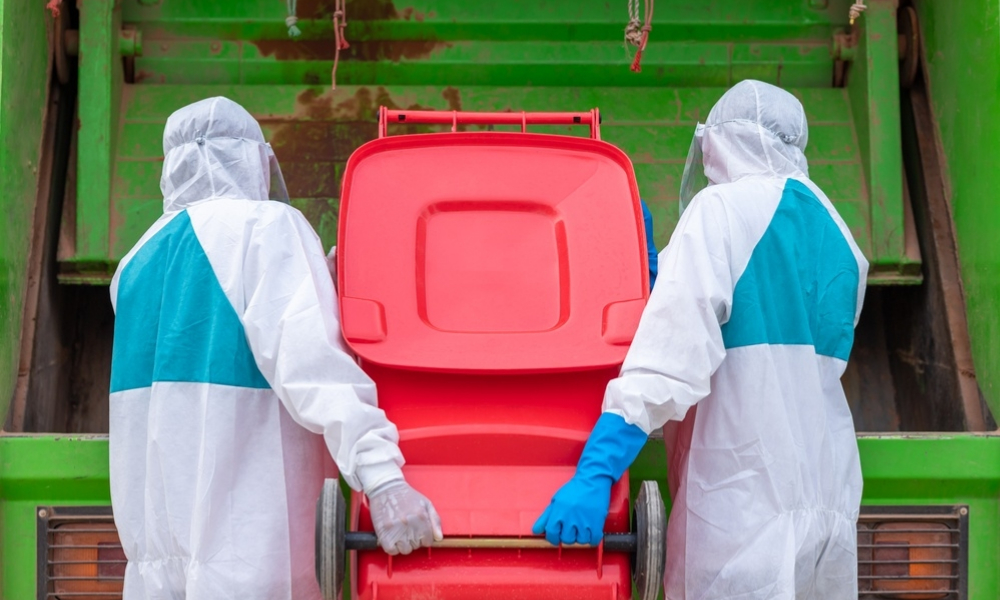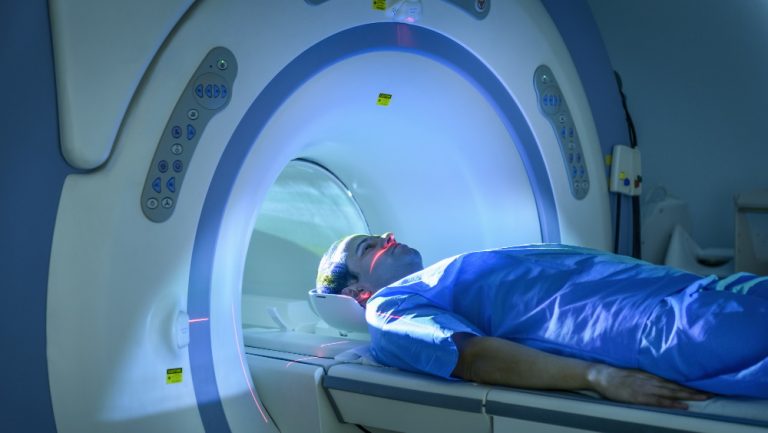
Healthcare is a vital for human well-being. However, the waste that is generated from medical activities has long-term negative effects on the environment and humans. The improper handling of waste generated in health care facilities can lead to harm to society, the environment, and health care workers.
Healthcare-related facilities produce treatment and untreated medical wastes, which contain animal wastes. Specifically, microbiological waste, pathological waste, as well as blood and body fluids.
Globally, hospitals and medical facilities generate large amounts of hazardous waste and potentially infectious waste each day. It is important to treat and manage them properly before they can be disposed of. The law should have the primary responsibility for the management of medical waste. The basic understanding may differ in different states and countries, but the laws generally remain the same.

To comply with federal regulations, an entity needs a gestión de residuos sanitarios license to dispose of waste properly. Additionally, this requirement ensures that a waste disposal company does not engage in activities concerning waste disposal that harm society or the environment.
Waste management companies cannot transfer waste to an organization that has not been properly authorized to receive waste. Offenses against this regulation are considered crimes, and the offender will be prosecuted.
This law does not apply to households that dispose of medical waste in a small amount.
Importance of medical waste management
It is important to ensure that medical waste is properly managed for several reasons. Below are a few.
Hospital patients can become infected if injections or any hazardous medical waste are not disposed of properly.
When infection control practices are not implemented and strictly followed, hospital-acquired infections or HAIs may be contracted by patients and visitors. Hospitalized patients are not the only ones susceptible to infection as scavengers and waste handlers are also susceptible to viruses and bacteria in hospitals. Residents are also susceptible to infection who are living near the hospital.
Unscrupulous businesses sometimes repack and resell “disposable” materials without washing them first. They do this activity for earning money. Repackaging and reselling drugs that have been discarded is also possible. This product could cause health diseases for people who use it which are difficult to cure.
Medical gestión de residuos sanitarios should be taken seriously due to the threat of infection. The owner or manager of a hospital, a biology lab, or a blood bank should hire a company to dispose of the waste for them.




